Giving During Ramadan
This month our friends in Pakistan, Afghanistan, and Tajikistan, as well as Muslims all around the world, are celebrating Ramadan. During this holy month, which began on May 27 and will last until June 25, Muslims honor the receipt of the first revelation of the Qur’an to the Prophet Mohammad (peace be upon him) through fasting from sunrise through sundown, prayers, and introspection. They practice compassion for others less fortunate and gratitude for all they have received by giving to the poor or volunteering to help in their communities.
We sat down with one of our newest board members, Abdul Subhan Misbah, to talk about his life growing up in Afghanistan, his dedication to healing his country, and the principle of giving back all year long, especially during Ramadan.
Ramadan and Girls’ Education
Misbah has a Chicago address, where his wife and four children live and go to school, but he still spends most of his year in Kabul as a lawyer and a specialist on the Afghan constitution. His dedication to Afghanistan is unwavering, and he searches for avenues to give back to his people every year. He does this both for personal reasons and as part of his religious obligation to provide charity or sadaqah to those who are struggling, especially during Ramadan. This is one reason he serves on CAI’s board.
“My main purpose, my main goal behind [joining the board] is to do the sadaqah, is to do the charity for the people of Afghanistan,” he says. “I think this is not only the obligation of Afghans, this is the obligation of everybody in the world. I believe this is in every religion, if human beings are living in this world the nature is to help others, and [this is] one of the reason the Muslim community or the Christian community or whatever religions they are, do this charity.”
For Misbah a large part of this charity is education, especially for girls.
Preventing Another Lost Generation
Misbah was born in Kabul in 1978, right as the Soviet-Afghan War began, when the Afghan fighters, called mujahideen , refused to give up their country and continued fighting until 1989 when the Soviets removed the last troops from Afghanistan. Only a few years after the dust settled the Taliban began fighting to gain control of the country in 1991. Misbah continued attending school during the Taliban occupation of Kabul in 1996 and on into the U.S. invasion and the eventual fall of the Taliban in 2001. Misbah and other members of his generation grew up with war, and they have never known peace.
“I went to school during three wars. I do remember I was walking three hours in a day to go to school. Thirty kilometers we were walking, three hours from one side and three hours from other side,” he recalls. Misbah’s father was a teacher and insisted he get an education, despite the battles being fought in and around his home.
“When I was in grade 11, the Taliban came inside [Kabul]. So the place where we were living, it became the battlefield between the Taliban and the side that was fighting against it.”
Misbah is one of the few Afghans his age with an education. The estimated adult literacy rate is only 38%. Many of Misbah’s peers fled across the border to Pakistan, Iran, and other countries in the two decades of war, or they joined the fighters in the mountains and missed out on education. Misbah is one of the few who continued on through the fighting, even earning his law degree.
He is determined to prevent another generation of Afghan children from losing an opportunity for education. This is why he returns to Kabul for months at a time to work as a lawyer and education advocate, instead of staying in Chicago with his family and finding work there.
“I put myself in risk when I go to Afghanistan, it’s not secure at all in Afghanistan. The reason why I did not decide to stay here is just to help the people because one generation can sacrifice themselves in order to protect the other generations — U.S. did the same, Europe did the same, and all the developed countries. They had very hard time, then they paved the way, they provided a lot of facilities for the children, for other generations.”
Giving back all year, not just for Ramadan
During Ramadan, Misbah’s focus on giving intensifies. All Muslims are required to give zakat, a percentage of their income donated to those who are struggling or poor. They believe this gift will allow their prayers to be accepted.
“I am mainly trying to pay for the poor families,” he explains. “Because there are some families that they have nothing to eat and they have nothing to wear especially for Eid al-Fitr [the celebration to mark the end of Ramadan].”
For Misbah, this obligation of giving remains all year. Many of his efforts to give back focus on providing access to education for girls and women. As a senior adviser for Karwan University, a private university in the capital city, Misbah donates his salary to provide scholarships for needy students to continue their higher education at the university.
Shortly after he joined the board of CAI, he was inspired to help the girls living in the village where he grew up. He knew that not many girls were going to school, and he wanted to find a way to help them. He worked with his community to find teachers and supplies and make sure the girls had a chance to go to school, just like the boys.
“I went to my city, to my village and I gathered some elders and I told them, ‘Hey, we need to do something for education.’ I said, ‘The first thing we should do is – it will be like obligation from our side – make everybody send their girls to the school.’ You know, this year the number is 103 girls. Maybe only 10% of the girls are not going to school, 90% are going now.”
Another reason Misbah is so adamant about giving year round, is because he knows change can take a long time, particularly when it comes to education. Most of the people in his generation were denied education because of war and lack of access. Ensuring young Afghans receive education and skills training is his only hope for healing Afghanistan. However, this process will take much longer than one year, and more resources than one zakat.
“Whoever is going to donate, whoever is going to be involved in this field, they should realize that it’s something that [could take] years, decades,” he says.
“So all these are the reasons behind what made me, urged me, to join here. I will continue with this, if I am not even a [board member] of Central Asia Institute,” he says. “I see other board members, they are working with honesty, with passion, working very hard voluntarily. So it shows their love of education, their kindness just to do something.”
Misbah’s message for everyone during Ramadan and all year is to give to the causes you are passionate about and to help others in need as much as you can. Education is a good place to start.
“That is my request from everybody, to share education by any means – by paying, by involving themselves, by writing articles, by have a message or whatever they want, but that’s an obligation of every human in the world.”
Ramadan kareem to all who are observing Ramadan, and thank you to every person who is passionate about education and working hard to create educational opportunities for all.
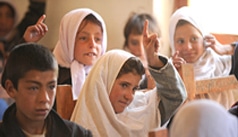
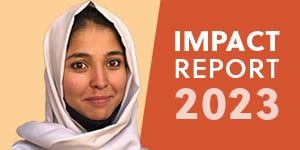

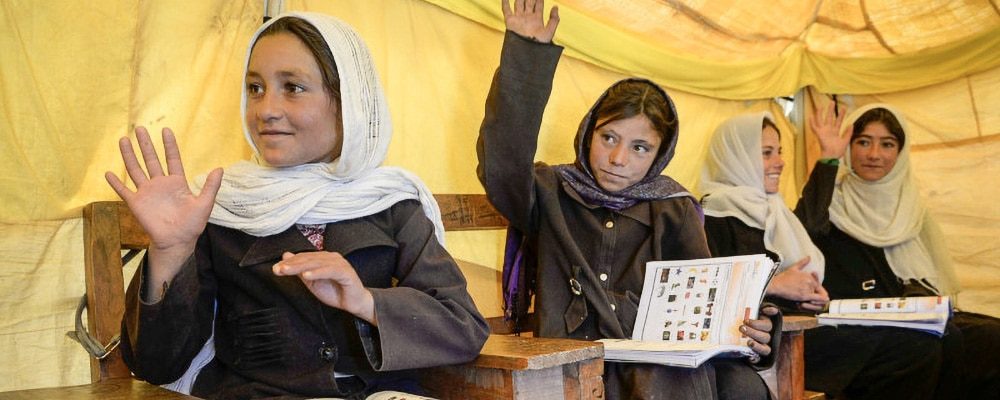


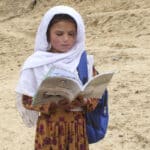
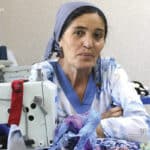

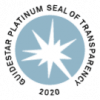


4 responses to “The Importance of Giving During Ramadan and All Year”
Yes, education for girls who may not be in school, is so important. Crucial. Thanks to the Central Asia Institute for helping.
To all men everywhere who understand and are willing to stand up for education for girls and women – Thank You
Knowledge is very important for man and women evey one of us is responsible for our new generation edjucation and want from allah help misbah in this holly job
God bless you CAI & all of you courageously working to educate the world,especially the girls! 👍👍